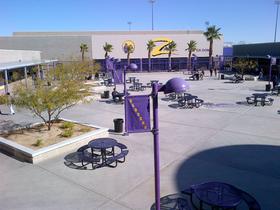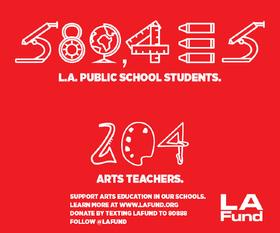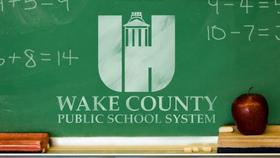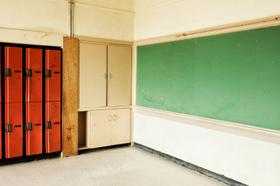Florida Schools: Canaveral Port Authority Assists Brevard County Schools
Brevard County Schools, one of the largest school districts in the country, is facing a financial crisis. That crisis has led them to consider closing three schools, which has also led to threats of civil rights lawsuits if the school closures come to fruition. Now, hope has come to Brevard County Schools in the ninth hour from an unlikely source - the Canaveral Port Authority.
Port Commissioner Offers $5 Million to Save Schools
The three Brevard schools on the chopping block are Gardendale South Lake Elementary and Clearlake Middle School. Florida Today reports that Port Commissioner Bruce Deardoff has proposed a $5 million donation to keep the three Brevard County schools open. The money would come directly from the port authority, currently sitting on a surplus of $52 million, with another $20 million expected from profits this year.
The money proposed by Deardoff would be enough to keep all three schools open for two more years. That would be sufficient time to see if voters approve a sales or property tax levy in 2014 to provide ongoing financial support for the schools. Deardoff calls the move a “no-brainer,” that would help Brevard schools at a time when they need it the most.
“In my three years at Port Canaveral, I have never voted on an issue which would do so much good for in the port district for so little money,” Deardoff stated at Florida Today.
Deardoff has suggested the port authority donate $2.5 million each year for the next two years. The money would come as a grant to the school district. No plans have been introduced or discussed regarding extending that grant funding should voters turn down another tax increase to provide more money to the district.
Fitting the Mission of the Port
While the donation sounds like a good idea on the surface, there are some questions involving whether such a move would be in the best interest of the port authority, as well as the Brevard school system. For the port commission to agree to the plan, they must decide whether the donation would fit within the overall mission of the port.
Deardoff stated in a separate article at Florida Today that he saw the primary mission of the port authority as serving as an economic engine for the surrounding community. Spurring growth was essential to offsetting the downsizing that recently occurred at the Kennedy Space Center. By saving the schools, the port authority would also secure around 480 direct jobs, as well as generate some spin-off employment.
In meeting this current mission, it does appear the $5 million donation would stretch a long way. In contrast, the authority also spends around $20 million on a new welcome center that will guarantee ten direct jobs. The donation to local schools could also improve the image of the cruise industry at a time when ship malfunctions have hurt the reputation of the business somewhat.
This video offers an overview of Port Canaveral.
Meeting Held to Consider Donation Request
In response to Deardoff’s request, the port authority commissioners recently held a meeting to evaluate the viability and merits of donating to the school district. Parents and teachers attended the meeting to show the port authority that the offer is appreciated – and desperately needed. According to a third article at Florida Today, parents and school board members were cautiously optimistic about the offer, stating the money could save the schools from the chopping block – at least for the short term.
“The port is supposed to represent all of Brevard,” one parent told commissioners at the meeting, according to News 13. “And it is the only true economic engine left. Do not throw a wrench into it by taking away the money that needs to stay at the port.”
A teacher at the meeting, Liz Mikitarian, also said, “Commissioners, there are people in this room that have put everything on the line because they see that the process of closing schools has not been well planned or transparent.”
This video offers another look at how Port Canaveral works.
Vote Delayed, New Meeting Scheduled
While many were hoping a decision would be made at that meeting, no such decision was handed down at this time. Instead, the commissioners agreed to delay the vote until more information about the process could be collected, according to a report at WKMG. The commissioners asked for a special workshop and additional research to help them determine the legality and merits of the donation.
Another meeting will be held by the commissioners in April to discuss the legal ramifications of the donation further. At that time, port commissioners will also meet with school board members to determine their willingness to accept certain conditions the port authority might place on the money. The school board has said they would be open to the donation but would need to review the proposal by the authority commissioners before accepting the money.
Deardoff expressed his frustration with the process to WKMG at the initial meeting, stating, “It’s the right thing to do for the community. It’s not about the money, and it shouldn’t be about the money. It should be about doing the right thing for the community that created this port.” Deardoff has also said that he plans to resign as port commissioner once the donation issue has been resolved, saying he isn’t “cut out” for the type of political environment he has found himself in.
If the matter is not resolved soon, the three schools will close as scheduled at the end of this school year.
Questions? Contact us on Facebook and Instagram. @publicschoolreview















